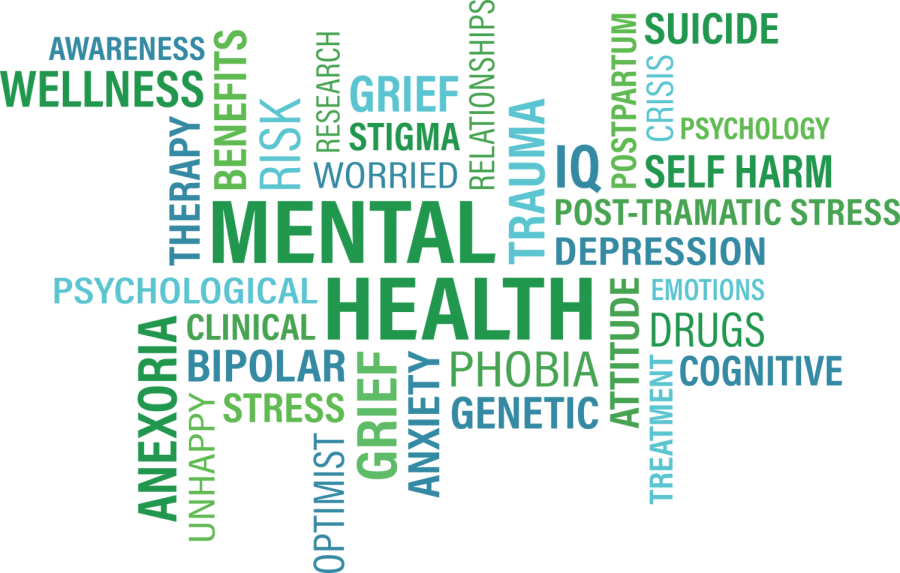Mental illness among millennials
October 7, 2020
As a fellow college student, it has been brought to my attention that there is an increasing decline with student’s mental health.
Mental illness is defined as a wide variety of conditions that disrupt mood, thinking and behavior. Each individual illness brings diverse suffering affecting a range of people.
Mental illness includes, but is not limited to, depression, anxiety, eating disorders, ADHD, etc.
With that being said, the National Alliance on Mental Illness claims in 2019, nearly 50% of college students within the United States felt as if their mental health was at a decline.
Additionally, the same organization stated 40% do not seek help for their mental problems. This leads me to claim that universities fail to acknowledge and educate students on proper care for oneself.
College campuses need to act in care and normalize receiving guidance when hope is lost. Without students fulfilling their self-actualization, they will have a difficult time achieving school standards, which is ultimately a poor reflection on the university.
Speaking on behalf of the student body, universities should fund coping mechanisms, group therapy, and accommodations in order to help their students reach their expectations.
The importance to help the communities’ mental health on campus is critical. Resources such as suicide hotlines, meditation and recreational therapy need to be taken seriously by students, counselors and professors.
Colleges must promptly provide resources for their students in order to obtain the level of success they desire. For example, by offering resources, kids will feel secure at the university, bringing attraction to campus and allowing more opportunities for all to grow.
If the universities claim to care for their students, their words do not align with their actions.
Letter Guidelines
The Advance-Titan welcomes and reads all letters. Timely, well-written, provocative opinions on topics of interest at UW Oshkosh are given first preference.
All letters are subject to editing; not all letters can be published. Letters exceeding 300 words may be edited at the discretion of the Advance-Titan staff. Name, position, address and daytime phone number are required, although only name and email will be published along with the article.
The Advance-Titan does not publish anonymous or open letters and letters printed elsewhere. If your letter is chosen for publication, we may attempt to contact you for verification via email or phone. To submit your letter, email .














